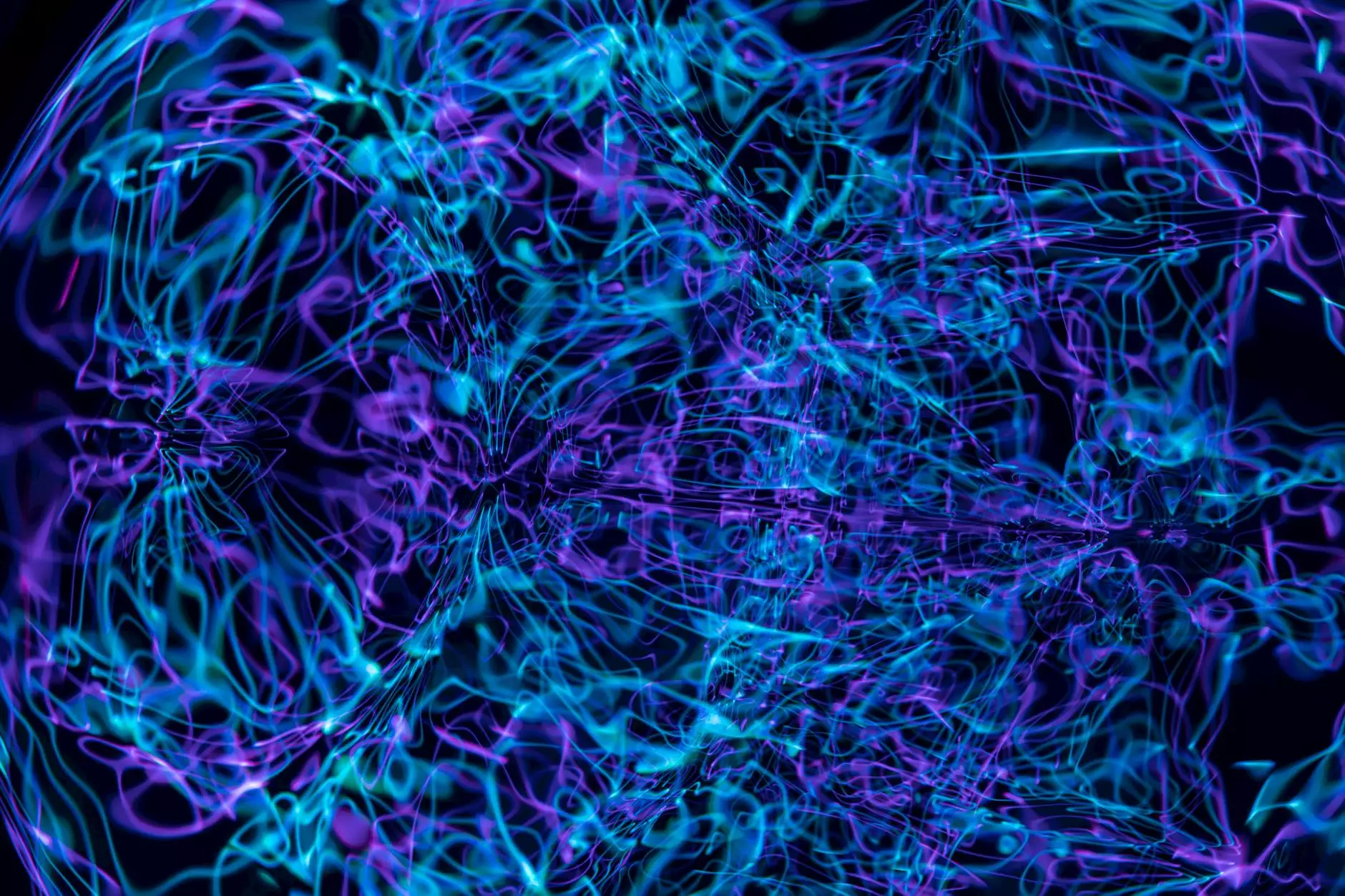Mastering Music Advertising: The Ultimate Guide for DJs and Music Production Services

In the fast-paced world of entertainment, the music advertising landscape is ever-evolving. For DJs and music production services, understanding how to effectively utilize advertising strategies can mean the difference between remaining invisible and achieving prominence in a crowded marketplace. This comprehensive guide aims to provide valuable insights into the art and science of music advertising, empowering you to harness the strengths of your brand and connect with your audience effectively.
Why Music Advertising Matters
The music industry is competitive, with countless talents vying for attention. Here are some compelling reasons why music advertising is crucial for any DJ or music production service:
- Brand Recognition: Cultivating a recognizable brand identity helps artists stand out.
- Targeted Marketing: Advertising allows for precise audience targeting, maximizing the impact of campaigns.
- Engagement Opportunities: Music advertising fosters engagement between artists and their audiences.
- Revenue Generation: Effective campaigns can drive sales of tracks, merchandise, and tickets.
- Long-Term Growth: Consistent advertising efforts lead to sustainable growth over time.
Key Elements of Effective Music Advertising
To create successful advertising strategies, understanding the key elements is essential. Here are the crucial components of effective music advertising:
1. Defining Your Target Audience
Before launching any advertising campaign, it is critical to define who your target audience is. Ask yourself the following questions:
- What is the demographic of my audience (age, gender, location)?
- What are their musical preferences and listening habits?
- Where do they consume music (streaming platforms, radio, live events)?
Once you have a clear understanding of your target audience, you can tailor your advertising strategies to better connect with them.
2. Crafting a Compelling Message
The message is the heart of any advertisement. It needs to resonate with the audience emotionally and convey the essence of your brand. Here are tips for crafting an impactful message:
- Highlight Unique Selling Points: What makes you different from other DJs or music producers?
- Use Persuasive Language: Make your message engaging and motivating.
- Incorporate a Call to Action: Encourage your audience to take the next step, whether it's purchasing a ticket or following you on social media.
3. Choosing the Right Advertising Channels
Different platforms work better for different audiences. Here are popular advertising channels for music advertising:
- Social Media: Platforms like Instagram, Facebook, and TikTok are crucial for reaching music fans.
- Streaming Services: Advertisements on platforms like Spotify or Apple Music target listeners where they consume content.
- Email Marketing: Building an email list allows for direct communication with fans.
- Online Video: Utilize platforms such as YouTube to showcase your work visually.
- Live Events: Sponsorship or partnerships with events can provide exposure to a relevant audience.
Building Your Brand Through Music Advertising
Establishing a strong brand is integral to successful music advertising. Here’s how you can effectively build your brand:
1. Consistency is Key
Consistency in messaging, visuals, and overall brand presentation helps build trust and recognition. Ensure that your promotional materials, social media posts, and website reflect a uniform identity.
2. Create Engaging Content
Content is king in the digital landscape. Creating captivating content can include:
- Behind-the-Scenes Footage: Show the creative process of music production or event planning.
- Teasers: Generate excitement for upcoming releases or performances.
- Live Sessions: Engage with your audience in real-time through live streams.
3. Leverage User-Generated Content
Encouraging fans to share their experiences can amplify your brand’s reach. This can involve hosting contests or challenges, asking fans to post videos using your music, or featuring them on your platforms.
Case Studies: Successful Music Advertising Campaigns
Learning from successful campaigns can provide valuable insights. Below are a few notable examples from the music industry that highlight effective advertising strategies:
1. Spotify's "Wrapped" Campaign
This annual campaign showcases listeners' top songs, artists, and genres, encouraging users to share their personalized results on social media. This strategy not only engages current users but also attracts new users who are intrigued by the trend.
2. Taylor Swift's Social Media Strategy
Taylor Swift skillfully uses her social media platforms to connect directly with her fans. By sharing personal stories and updates, she fosters a strong community that actively engages with her content.
3. DJ Khaled's Digital Marketing Approach
DJ Khaled is known for his savvy use of social media. He toes the line between promoting his music and entertaining his audience, creating a blend that captivates and retains followers.
Measuring Success in Music Advertising
Understanding the effectiveness of your advertising efforts is crucial. Here are some metrics to consider:
- Engagement Rate: Monitor likes, shares, comments, and overall interactions with your content.
- Conversion Rate: Track how many people take action (e.g., purchasing music, signing up for newsletters) as a result of your ads.
- Website Traffic: Monitor increases in website visits attributable to advertising efforts.
- Follower Growth: Gauge the growth of your social media following over time.
Future Trends in Music Advertising
As technology continues to advance, music advertising is bound to evolve. Here are some trends to watch for:
- AI and Personalization: Expect a rise in AI-driven marketing strategies that tailor messages to individual preferences.
- Enhanced Social Commerce: Platforms will enable more seamless commerce, allowing listeners to buy music directly from social media.
- Augmented Reality Experiences: AR can create interactive advertisements that engage consumers in more immersive ways.
Final Thoughts: Elevating Your Music Advertising Game
Navigating the world of music advertising can indeed be challenging, but with the right strategies, DJs and music production services can outperform competitors and engage fans effectively. Remember that advertising is not just about promoting a product; it's about creating a connection with your audience. By employing the tips and techniques outlined in this guide, you’re well on your way to establishing a robust brand presence and achieving lasting success in the competitive music industry.
For more helpful insights and resources, be sure to visit music-worx.com. Stay tuned for our upcoming articles that will continue to enhance your understanding of the music advertising landscape!









